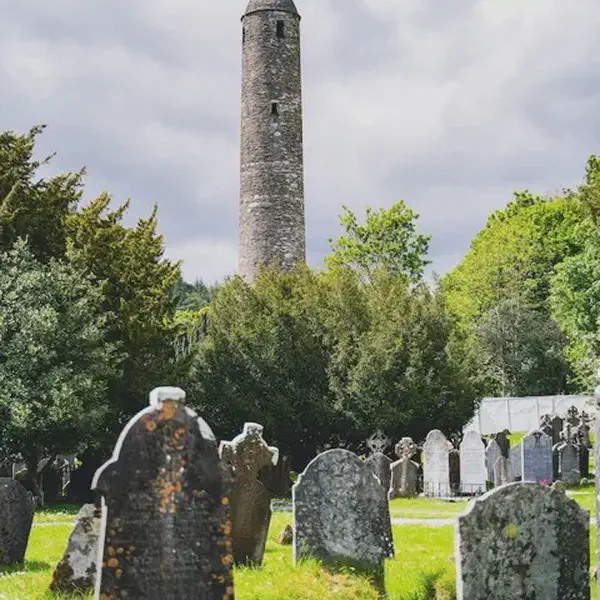
Risings by the Native Irish in Various Parts of Munster and Leinster, Continuing Into 1330
April 01, 1329
The year 1329 marked the beginning of a tumultuous period in Ireland’s medieval history, characterized by a series of uprisings by the native Irish across Munster and Leinster. These uprisings were responses to the expanding influence and control of the Anglo-Norman settlers, who had been in Ireland since their invasion in 1169. The native Irish, comprising various Gaelic clans and families, were resisting the encroachments on their lands, the imposition of foreign laws, and the attempt to undermine their social and political structures.
These revolts in 1329 and continuing into 1330 were part of a larger pattern of resistance that occurred throughout the medieval period in Ireland. The native Irish employed guerrilla tactics, leveraging their knowledge of the local terrain to launch surprise attacks against the Anglo-Normans. These uprisings were not centrally coordinated but were rather a series of local responses to specific grievances, including the heavy taxes imposed by the settlers, the usurpation of traditional lands, and the general mistreatment of the native population by the Anglo-Norman lords.
The Anglo-Norman response to these uprisings was swift and brutal. They launched reprisals against the native Irish, which often involved burning villages, destroying crops, and killing civilians. These actions were aimed at deterring further resistance and asserting their dominance over the island. The cycle of uprising and reprisal contributed to a long-standing enmity between the native Irish and the Anglo-Normans, which would shape the course of Irish history for centuries.
The conflict during this period is indicative of the broader struggle for control of Ireland that lasted from the initial Anglo-Norman invasion until the eventual establishment of English control over the whole island in the 17th century. These events laid the groundwork for future conflicts, including the Tudor conquest of Ireland and the subsequent Plantations, which aimed to solidify English rule by settling English and Scottish Protestants on confiscated Irish lands.
The uprisings of 1329-1330, therefore, are a critical, though often overlooked, chapter in Ireland’s medieval history, representing the enduring resistance of the native Irish to foreign domination and their struggle to preserve their lands, culture, and way of life against overwhelming odds.